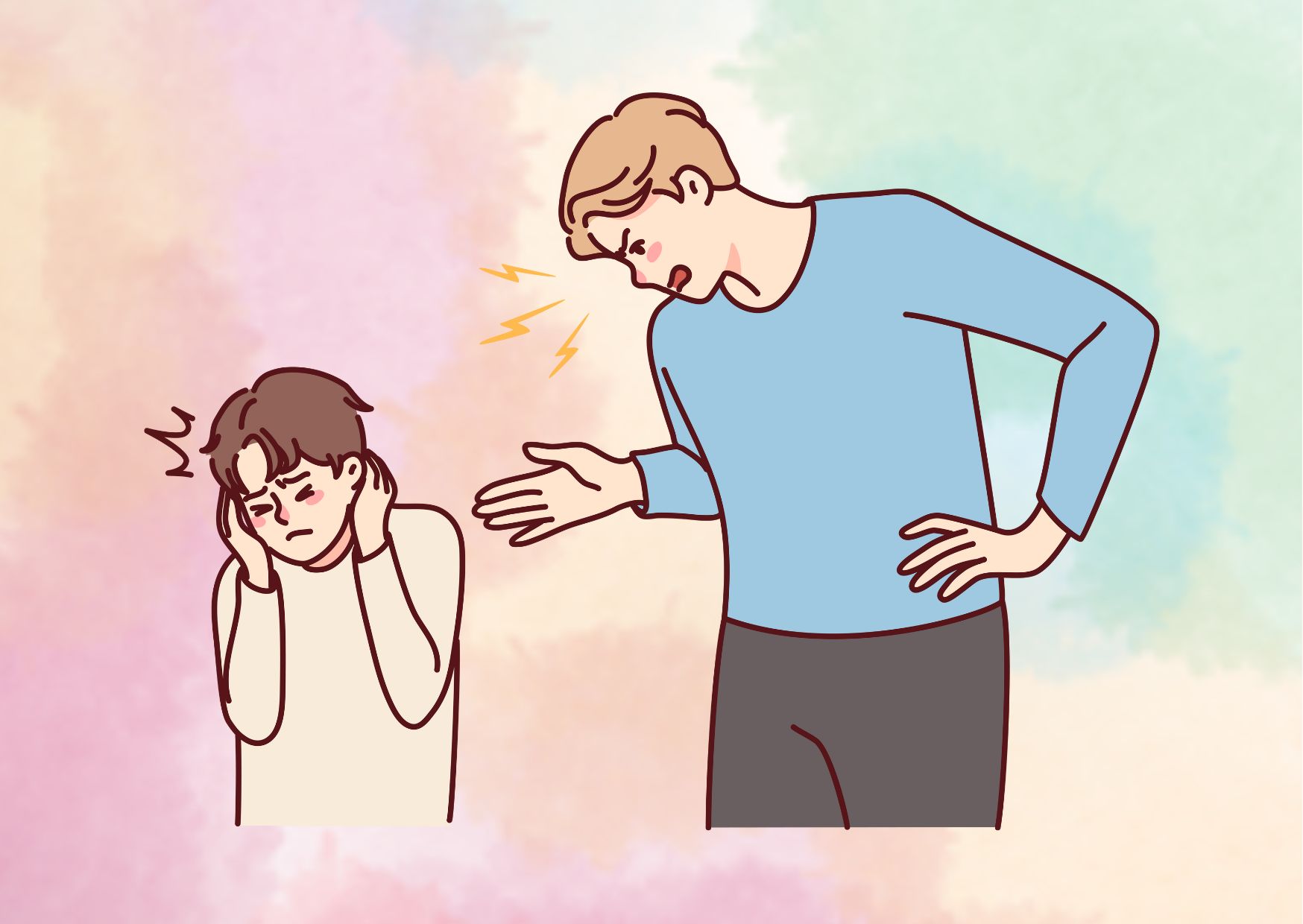7 Clear Signs of Toxic Parents and Effective Ways to Deal With Them
Navigating relationships with toxic parents can be an emotionally challenging journey. Many individuals find themselves grappling with the effects of toxic parent traits, which often persist well into adulthood. These dynamics can have a profound impact on one’s mental health, self-esteem, and ability to form healthy relationships. Recognizing the signs of toxic parents is the first step towards addressing these complex family dynamics and working towards emotional healing.
This article explores effective strategies to handle toxic parents and their behavior. It delves into recognizing harmful patterns, setting boundaries, and developing emotional independence. Readers will gain insights on managing limited contact situations and learn practical approaches to deal with toxic parents as teenagers or adults. By understanding the impact of toxic parent-child relationships, individuals can take proactive steps to protect their well-being and foster healthier family dynamics.
Recognizing Toxic Parental Behaviors
Toxic parents can have a profound impact on their children’s lives, often extending well into adulthood. These parents typically exhibit behaviors that undermine their child’s sense of self-worth, stability, and overall mental well-being. Understanding and identifying these toxic traits is crucial for individuals seeking to break free from harmful family dynamics and foster healthier relationships.
Common Signs of Toxic Parents
Toxic parents often display a range of harmful behaviors that can be both overt and subtle. Some key indicators include:
- Prioritizing their own needs: Toxic parents consistently put their own needs above those of their children, often disregarding their offspring’s aspirations, choices, and interests.
- Emotional volatility: These parents frequently overreact due to being in a constant state of fear or negativity, leading to sudden outbursts, irrational commands, or abrupt changes in family rules.
- Manipulation: Many toxic parents are skilled manipulators, using acts of kindness or parental duties as leverage to control their children.
- Boundary violations: They often disregard personal space, identity, and preferences, leading to a loss of individuality in their children.
- Excessive criticism: Toxic parents tend to judge or critique every aspect of their child’s life, stifling exploration and personal growth.
- Competitive mindset: They may constantly undermine or ignore their children’s achievements, fearing that their own self-worth might be questioned.
- Inappropriate emotional reliance: Some toxic parents overshare or seek emotional support from their children, blurring the lines of a healthy parent-child relationship.
The Impact on Adult Children
Growing up with toxic parents can have lasting effects on an individual’s physical and mental health. Adult children of toxic parents may experience:
- Chronic mental health conditions such as depression and anxiety
- Difficulties with executive functioning
- Higher risk of developing post-traumatic stress disorder (PTSD)
- Increased likelihood of entering abusive relationships
- Low self-esteem and self-worth
- Tendencies toward self-harm or suicidal behavior
- Weakened immune system
- Challenges in establishing healthy, mutually rewarding relationships
Self-Assessment Checklist
To help individuals recognize if they may have been raised by toxic parents, here’s a brief self-assessment checklist:
- Do you struggle with low self-esteem?
- Do you find it difficult to set and maintain boundaries?
- Do you have a fear of rejection or abandonment?
- Do you find it challenging to cope with stress and anxiety?
- Do you often feel like you’re “never good enough”?
- Do you constantly seek validation and approval from others?
- Do you have trust issues in your relationships?
- Do you tend to see the world as a cruel or cold place?
If you find yourself answering “yes” to several of these questions, it may indicate that you’ve experienced toxic parenting. Recognizing these patterns is the first step toward healing and breaking the cycle of toxicity in relationships.
Suggestion for read: 10 Signs of Toxic Behavior in Children
Setting and Enforcing Boundaries
Setting boundaries with toxic parents is a crucial step towards establishing a healthier relationship and protecting one’s mental well-being. It involves recognizing one’s needs, communicating them effectively, and enforcing consequences when boundaries are violated.
Types of Boundaries to Consider
When dealing with toxic parents, individuals should consider setting boundaries in various areas of their lives. These may include:
- Unexpected visits: Establishing rules about when and how parents can visit.
- Privacy: Limiting access to personal information and belongings.
- Communication: Setting guidelines for the frequency and nature of phone calls or text messages.
- Emotional sharing: Determining how much personal information to disclose.
- Financial matters: Establishing clear rules about borrowing or lending money.
- Time and energy: Setting limits on how much time and effort to invest in the relationship.
Communicating Boundaries Effectively
To set boundaries effectively, individuals should:

